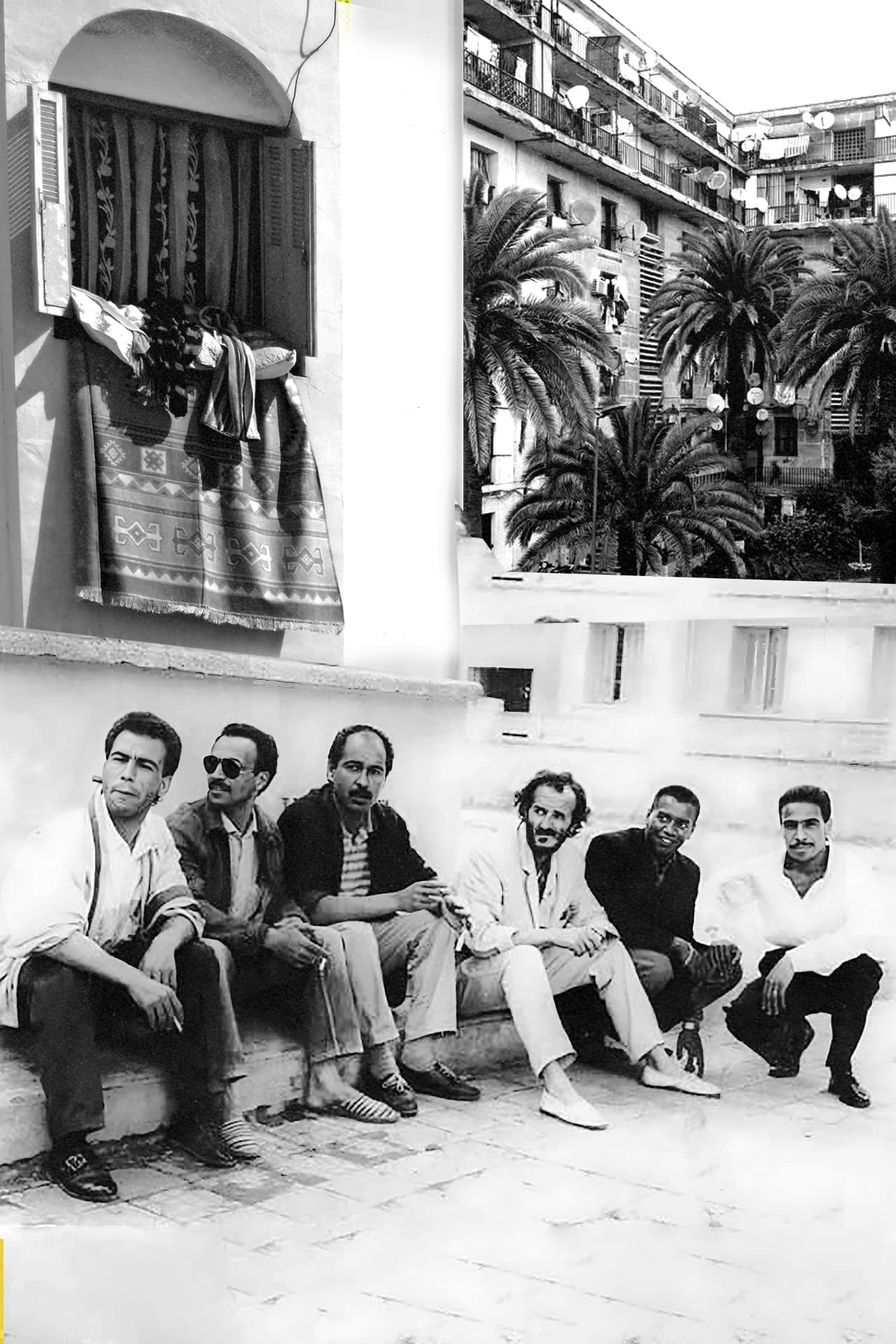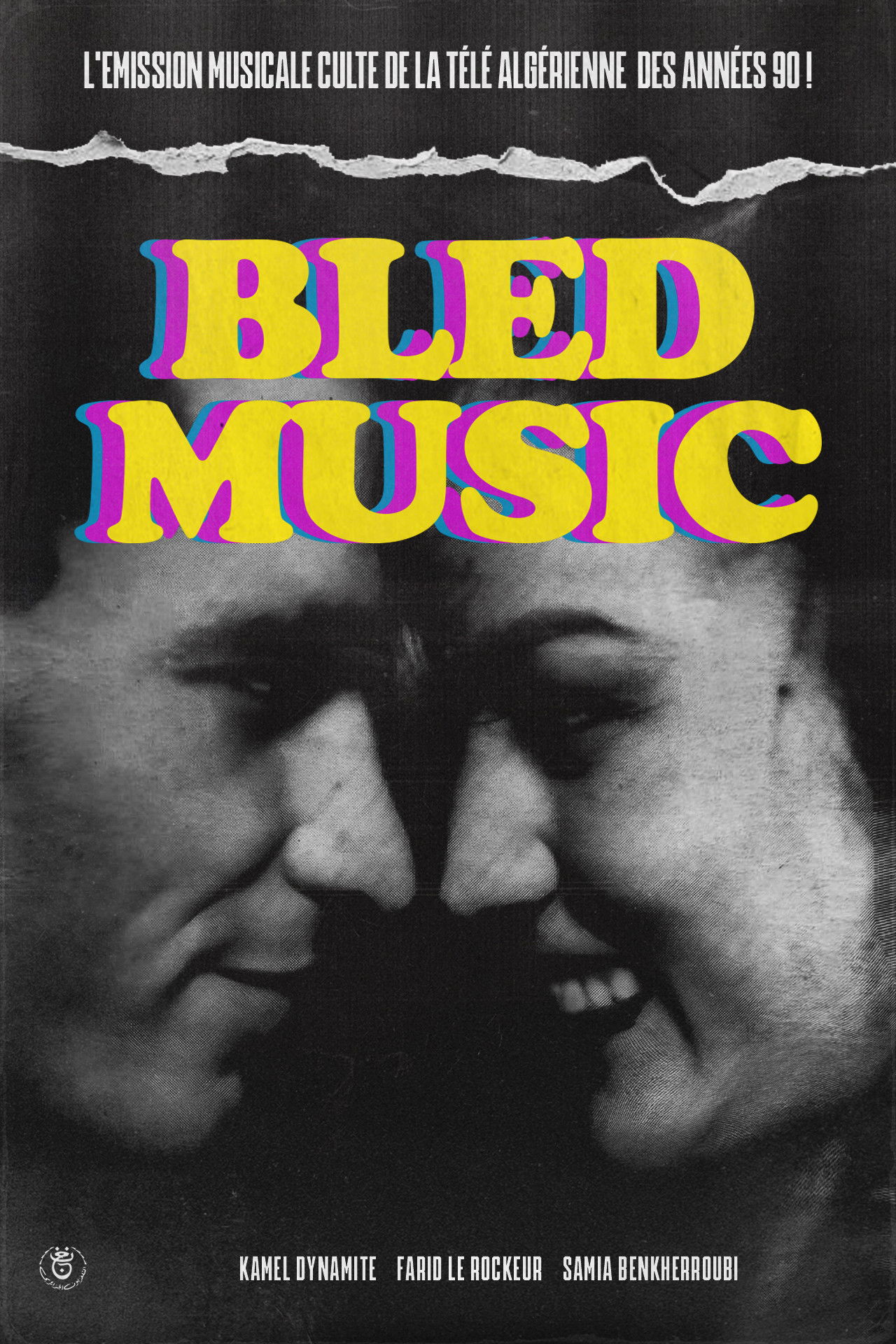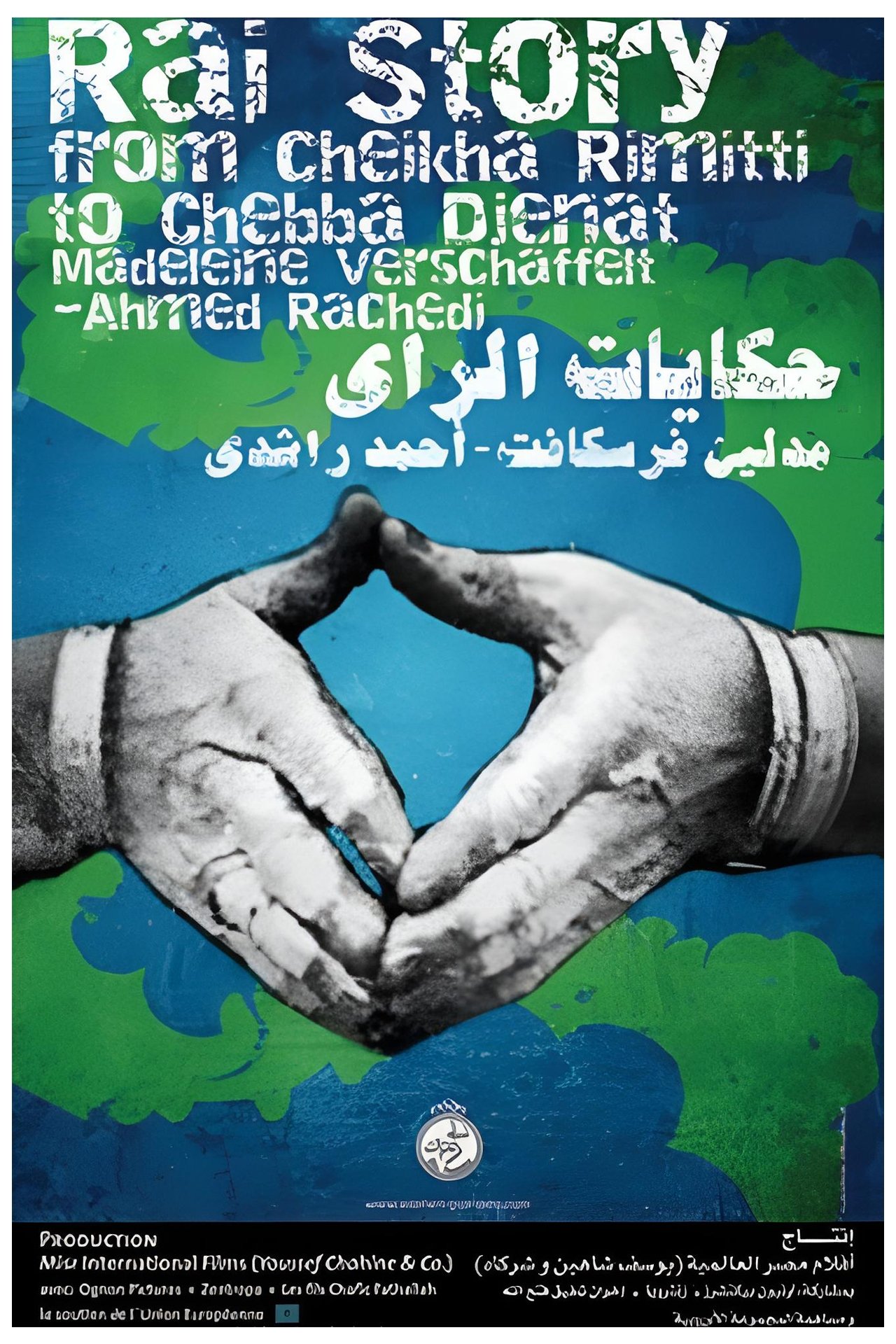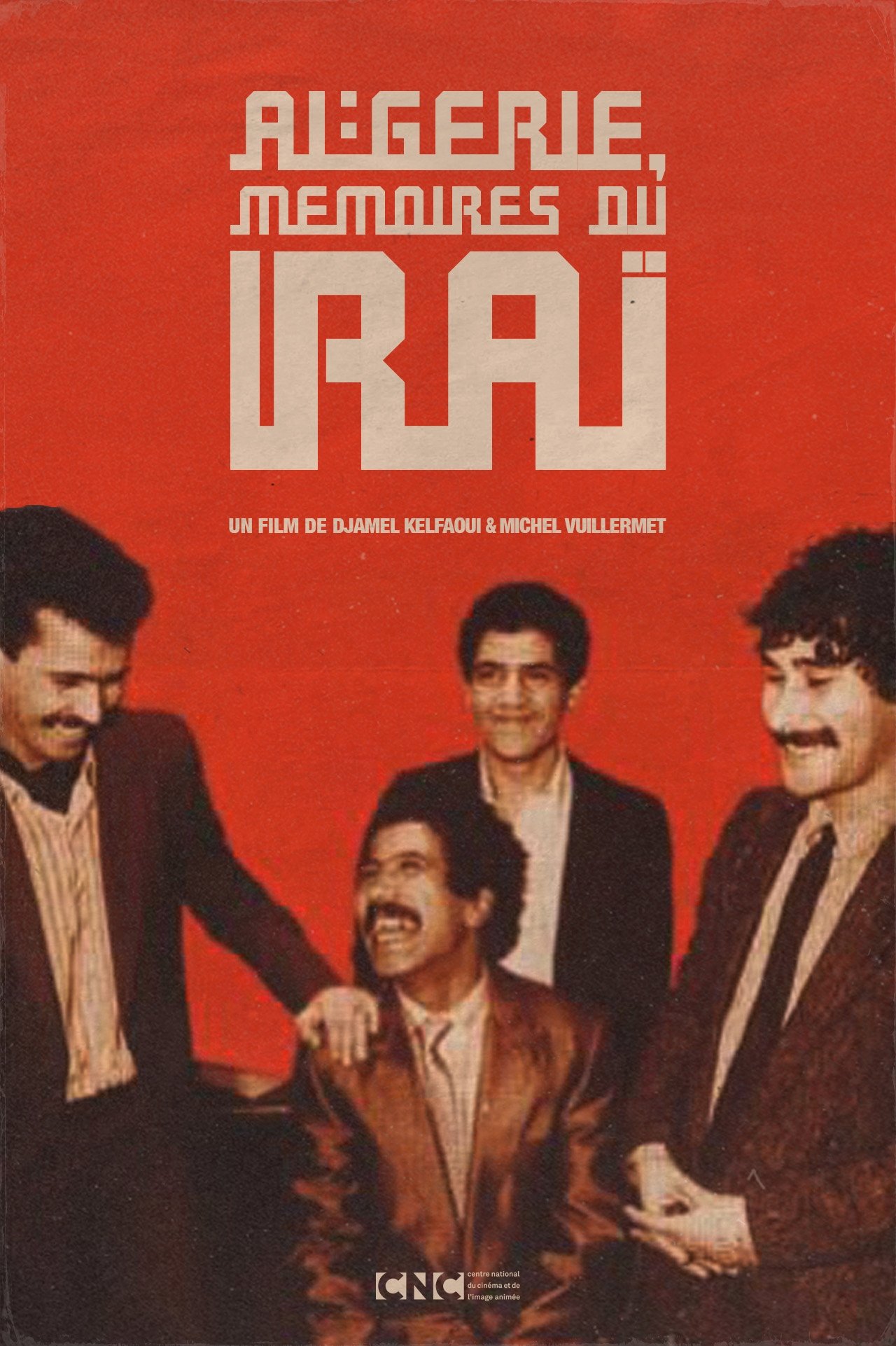
Raïna Raï
Birthday: Born in 1980-01-01 in Algeria
Deathday: Alive
Raïna Raï (Arabic: راينا راي) is an Algerian raï music group. Originally from Sidi Bel-Abbès, their style of music mixes raï, rock and diwane. It merges traditional rhythms and instruments with rock instruments. His most popular hits include: "Zina", "Hagda" and "Til Taila"... The Raïna Raï group was created in December 1980 in Paris by four musicians from Sidi Bel Abbès in Algeria. This group was launched by former singers of the groups Les Aigles Noirs and Les Basiles under the leadership of Tarik Chikhi. He made his appearance during a support concert on Radio Soleil radio station. Its founding members are Tarik Naïmi Chikhi, Kaddour Bouchentouf, Lotfi Attar and Hachemi Djellouli. A few months later, Raïna Raï joined Djilali Rezkallah as a singer, replacing Kada. They cover old songs from the group Les Aigles Noirs and others like the hit “Zina” by singer Kadri Dziri and “Hmama” by Blaoui Houari. Raïna Raï released her first album in 1982, "Ya Zina Diri Latay", then the following year a second, "Hagda". In 1985, he released his third album, "Rana Hna". In 1985, the legendary Algerian group Raïna Raï disbanded. Lotfi Attar, guitarist and founder of Raïna Raï created with his wife Hamida, the group Amarna, for which he composes the music, she will be the lyricist. The texts created by Hamida Attar for Amarna were inspired by lyric poetry and Djilali Amarna will be the singer of the group. Amarna will publish four albums: "Chouli" (1986) "Saf" (1986), "Waïle" (1987) and "El Ghaba" (1989). Hachemi Djellouli, returned from France, joins Amarna. For a while, they composed under the name of Lotfi and Hachemi. Amarna recorded a lot of success and during the dark decade in Algeria, Lotfi and his group took risks by going on stage all over Algeria. Raïna Raï group reformed in 2001, and released the premonitory album entitled "Bye Bye" which concluded a long break in the history of the group. The same year, Lotfi Attar formed the “New Amarnas” troupe. The group was made up of young artists, but was unable to establish itself on the front of the stage. The group reformed in 2011 with new sounds. The group has never stopped recomposing itself since its creation, through numerous separations and reformations. The group's notoriety then goes beyond the borders of Algeria, the group is listened to all around the world. The group's historic singer, Djilali Rezkellah (aka Djilali Amarna) died in 2010. Tarik Chikhi, one of the group's founders, died in 2019. Raïna Raï is today considered a pioneer of modern raï sometimes called "electric raï". Throughout her existence Raïna Raï will publish 6 studio albums: "Raïna Raï" 1982, Production Sadi Disques, "Hagda" 1983, self-production (HTK Productions), "Rana Hna" 1985, Édition Rachid & Fethi, "Mama" 1988, Edition Rachid & Fethi, "Zaama" 1993, Musidisc, "Bye Bye" 2001, Lazer Production.
TV Credits

Bled Music
Character: Self
"Bled Music" is an Algerian musical television program broadcast on ENTV between 1991 and 1992. directed by Aziz Smati and presented by Kamel Dynamite, Farid Rockeur and Samia Benkherroubi. The show, with its irreverent tone, was very popular and had a significant impact on the Algerian music scene, allowing the emergence of many artists including Chaba Fadela, Cheb Sahraoui, Cheb Anouar and Mohamed Lamine. A ranking of music videos by popularity and relied on fans sending their votes by mail. A...
Movie Credits

Raï Story: From Cheikha Rimitti to Cheba Djenet
Character: Self (archive footage)
Raï Story is a musical journey in search of the Raï legend, Cheikha Remitti, in Oran, Algeria, where the Raï musical tradition began. In 1923, the first Raï singers performed behind screens during ceremonies to protect their identity. It was only when the music of singer Cheikha Remitti began to gain popularity among the general public that Raï music was made public, in the 1940s. Cheikha Remitti, who lives between Paris and Oran, is nowhere to be found, the filmmakers then decide to meet produc...

Algeria, Memoirs of Raï
Character: Self
In the 1980s, Algeria experienced a tumultuous social context which reached its peak during the riots of October 88. This wave of protest, with youth as its figurehead, echoed the texts of raï singers. Thirst for freedom, misery of life and the aspirations of youth are among the main themes of their works which will inspire an entire generation. More than music, raï celebrates the Arabic language and becomes a vector of Algerian culture, thus providing the cultural weapons of emerging Algerian n...